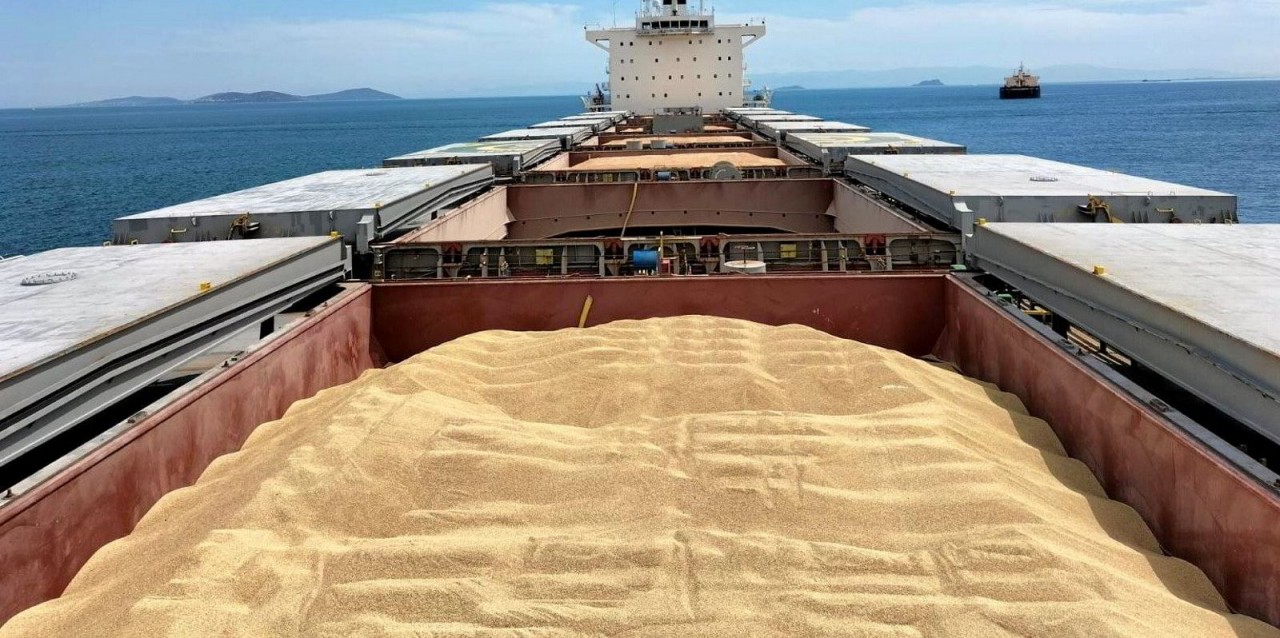 |
| Russian grain exporters will shift their focus to key markets in the Middle East and North Africa. (Source: Reuters) |
World economy
WB raises global economic growth forecast for 2024
On June 11, the World Bank (WB) raised its forecast for global economic growth, thanks to stable consumer spending in the US, but warned that growth remained weak compared to historical levels.
In updated forecasts, the World Bank now predicts the world economy will grow 2.6% this year, up 0.2 percentage points from its January 2024 forecast.
The World Bank's forecast for global growth in 2025 remains unchanged at 2.7% - below the 3.1% average recorded in the decade before the Covid-19 pandemic. Mr. Indermit Gill, chief economist of the World Bank, emphasized that the world economic growth is at a lower level than the period before 2020.
The outlook for the world’s poorest economies is “even more worrying,” he added, facing sky-high debt levels, limited trade capacity and damaging climate events. These countries need to find ways to attract new private investment and reduce public debt, he said.
The World Bank now predicts emerging market and developing economies will grow 4% this year, up slightly from its January 2024 forecast but still below pre-pandemic levels.
The World Bank has raised its 2024 growth forecast for advanced economies to 1.5% – up 0.3 percentage points – largely due to a forecast of stronger US economic growth.
The world's largest economy is expected to grow 2.5% this year, up 0.9 percentage points from its January 2024 forecast, largely due to strong consumer and government spending and falling imports, the World Bank said.
The World Bank raised its growth outlook for China, but said it still expects the world's second-largest economy to slow this year amid a slump in real estate activity.
Specifically, China's economy is forecast to grow 4.8% this year, 0.3 percentage points higher than the January 2024 forecast.
America
* On June 12, after a regular policy meeting, the US Federal Reserve (Fed) decided to keep interest rates unchanged at the current level of 5.25-5.50%. The central bank also lowered its forecast for a rate cut to just one time this year instead of three times as previously forecast in March 2024.
The outlook is likely to disappoint markets, which had been expecting at least two rate cuts from the Fed after an encouraging report released earlier showed US inflation had slowed more than expected.
* According to insidetrade.com , the US International Trade Commission (ITC) has decided to continue its investigation into solar panel imports from Southeast Asian countries. In a vote last weekend, the ITC made a preliminary conclusion that solar panels and cells imported from several Southeast Asian countries are causing injury to the US industry.
The ITC and the Commerce Department are investigating imports of crystalline silicon solar cells and panels from Cambodia, Malaysia, and Thailand following a petition from the Solar Manufacturing Trade Commission, which represents seven U.S. manufacturers.
China
* China's consumer prices rose slightly in May 2024 , official data showed on June 12, although analysts warned that the country needs to do more to boost domestic demand to restore growth in the world's second-largest economy.
China's consumer price index (CPI) rose 0.3% in May from a year earlier, unchanged from April 2024 and the fourth straight month of positive growth, the National Bureau of Statistics said. However, the figure was lower than the 0.4% forecast in a Bloomberg survey of analysts.
* China 's exports rose much faster than expected in May 2024 but imports slowed.
China's exports rose 7.6% year-on-year in May, up from a 1.5% increase in April and above the 5.7% increase forecast in a Bloomberg survey of analysts, according to China Customs.
China's total imports in May 2024 increased 1.8% year-on-year, slower than the 8.4% increase recorded in April 2024.
Europe
* On June 11, credit rating agency Moody's warned that early parliamentary elections in France could negatively affect the country's credit rating .
In a statement released late on June 10, Moody's said the early election would increase risks to fiscal consolidation, calling it a "minus point" in its assessment of France's credit rating, currently at Aa2. Moody's is maintaining France's credit rating one notch higher than Fitch and S&P Global.
* The Swiss government on June 8 agreed to provide Ukraine with a 58.7 million franc ($65.5 million) aid package to digitize its public administration. The money will be used for projects in health care, education and mine clearance.
The Swiss Federal Council is currently looking to redirect funds from the international cooperation budget. The Swiss government explains the funding as promoting democratic reforms in Ukraine through digitalization, as well as increasing the transparency of state services.
* Russia's grain exporters will shift their focus to key markets in the Middle East and North Africa, while strengthening economic and trade cooperation with India and China, the Russian Agriculture Ministry said.
At a meeting chaired by Russian Agriculture Minister Oksana Lut, grain exporters agreed that Türkiye’s suspension of wheat imports from June 21 to October 15 would not affect Russia’s export capacity. In the upcoming season, which starts on July 1, Russia plans to reduce grain supplies to the global market to 60 million tons.
* CNN reported that leaders of the Group of Seven (G7) leading industrialized countries have yet to reach a consensus on how to use profits from frozen Russian assets to secure a loan of about $50 billion for Ukraine.
CNN , citing sources familiar with the matter, reported that the Biden administration has been pushing G7 allies to agree on a plan that Washington hopes to release as part of a joint statement at the G7 summit in Italy, scheduled for June 13-15.
* German Chancellor Olaf Scholz on June 11 called on private companies to invest money in Ukraine's reconstruction, calling for international support for the post-conflict period in Ukraine.
Companies must be given business opportunities to invest, and the government must introduce policies that show Ukraine's potential in many areas, including renewable energy, information technology and pharmaceuticals, Mr. Scholz said. According to World Bank estimates, Ukraine may need $500 billion over the next decade.
Japan and Korea
* With China showing no signs of lifting its ban on imports of Japanese seafood products, Tokyo must diversify its export channels to other markets , most notably Southeast Asia and the United States.
As part of its diversification efforts, Japan recently announced a target to double exports of scallops, a leading seafood export item, to Thailand to 2.4 billion yen ($15 million) in 2024 from the previous year.
The announcement comes as Japan's scallop exports to Vietnam tripled, to Thailand by 2.3 times and to the US by 1.7 times in the five months through March compared with the same period last year, according to government data.
* The number of corporate bankruptcies in Japan rose 42.9 percent to 1,009 in May from a year earlier, credit research firm Tokyo Shoko Research Ltd said, marking the first time in about 11 years that the monthly figure has topped 1,000, as many indebted companies struggle to recover from the Covid-19 pandemic.
Businesses are facing rising prices, labor shortages and debt repayments during the pandemic, with bankruptcies expected to top 10,000 this year for the first time since 2013, according to Tokyo Shoko Research Ltd.
The survey showed that in May 2024, bankruptcies due to rising prices were 87, the highest number since the pandemic broke out.
* The Economic Research Institute of the Bank of Korea (BoK) said in a report published on June 10 that the country's economy may begin to experience negative growth in the next 10 years if the population structure and business productivity do not improve.
The report said the biggest reason for the economic slowdown is population decline. South Korea's total population is forecast to fall from a peak of 51.84 million in 2020 to 50.06 million in 2040, and 37.18 million in 2070.
The report also stressed that South Korea's overall economic reforms are still not enough to counter the continued decline in demographics.
ASEAN and emerging economies
* On June 11, Malaysia called on member countries of the Association of Southeast Asian Nations (ASEAN) to continue promoting the construction of railway system links, thereby creating favorable conditions to promote trade and freight transport activities.
Malaysian Transport Minister Anthony Loke said rail connectivity, especially from Peninsular Malaysia to Thailand, Laos and China, is a long-term vision for ASEAN.
* State-owned utility PLN said it would require $25 billion to build a transmission network that would connect renewable energy sources across Indonesia, known as the green supergrid. The project would create a 50,000-kilometer transmission network that would connect multiple regions across the country.
According to PLN Director Darmawan Prasodjo, the power grid will play an important role in facilitating Indonesia's transition to renewable energy sources as well as achieving its commitment to net zero emissions by 2060.
* The World Bank has lowered Thailand's GDP growth forecast for 2024 to 2.4% and for 2025 to 2.9%, down from the April forecasts of 2.8% and 3%, respectively.
Meanwhile, East Asia and Pacific (EAP) economies are expected to grow 4.8% this year thanks to an improvement in global trade, which will positively impact the industrial and export sectors.
The WB said the momentum from EAP will help offset slowing growth in China, with export-dependent countries such as Thailand and Vietnam benefiting the most from this trend.
* Singapore is poised to become the world's leading gold hub as trade shifts east, according to the World Gold Council (WGC).
The main reason is that gold consumption in major emerging economies is growing, and most of these markets are concentrated in Asia, according to Shaokai Fan, head of Asia-Pacific and global central banks at the WGC. Another factor is Singapore's proximity to central banks that are actively buying gold.
Additionally, Singapore is located close to about 25% of the world's gold supply centers such as China, Australia, Indonesia, the Philippines, Papua New Guinea and Laos.
Since December 2012, Singapore has exempted goods and services tax on precious metals for investment purposes.
Source



![[Photo] The ceremonial artillery is ready to "fire" for the second parade rehearsal at My Dinh National Stadium.](https://vstatic.vietnam.vn/vietnam/resource/IMAGE/2025/8/24/883ec3bbdf6d4fba83aee5c950955c7c)
![[Photo] Phu Quoc: Propagating IUU prevention and control to the people](https://vstatic.vietnam.vn/vietnam/resource/IMAGE/2025/8/24/f32e51cca8bf4ebc9899accf59353d90)


![[Photo] Party and State leaders meet with representatives of all walks of life](https://vstatic.vietnam.vn/vietnam/resource/IMAGE/2025/8/24/66adc175d6ec402d90093f0a6764225b)
![[Photo] Impressive image of 31 planes taking flight in the sky of Hanoi during their first joint training](https://vstatic.vietnam.vn/vietnam/resource/IMAGE/2025/8/24/2f52b7105aa4469e9bdad9c60008c2a0)
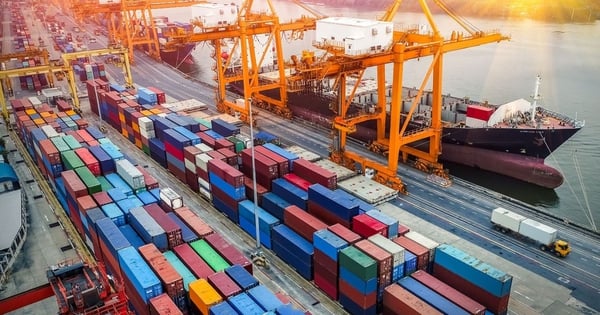

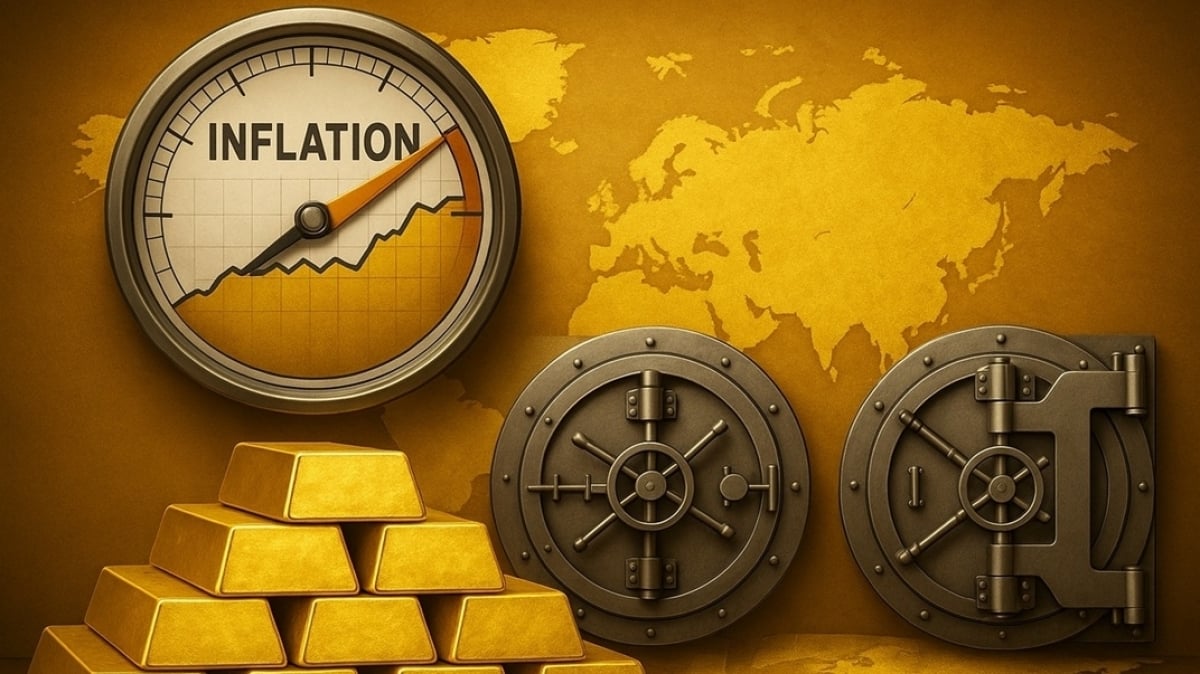

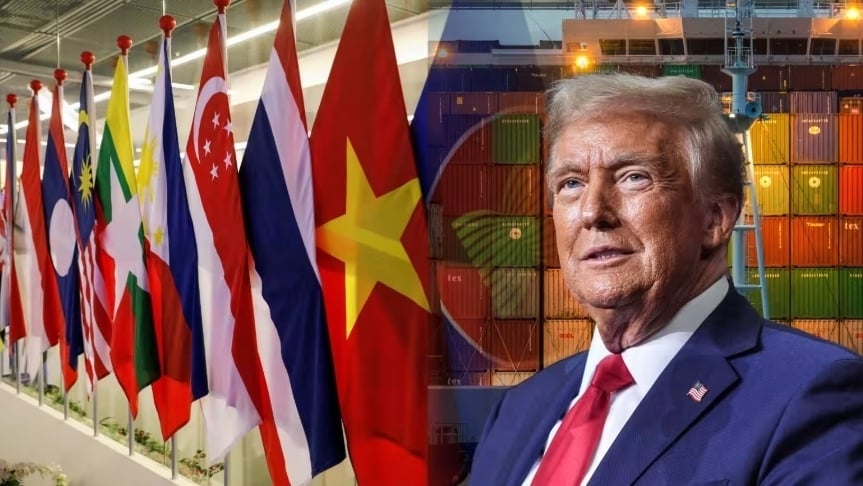
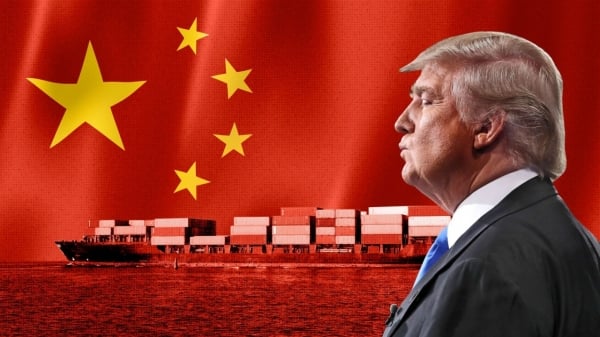


























































































Comment (0)